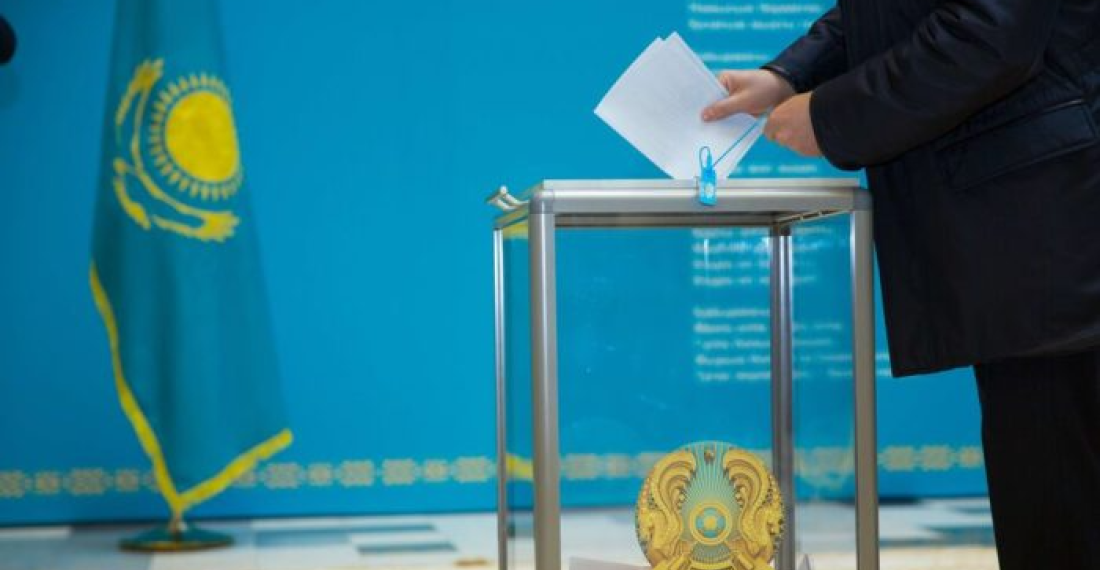A poll released by the Strategy Center for Social and Political Studies in Kazakhstan has projected victory for the ruling Amanat party despite heavy losses in the upcoming 19 March parliamentary election.
In the poll that surveyed 1,600 people between 17 and 27 February, 43.6% said they would vote for the ruling Amanat party, the former party of the current president Kassym-Jomart Tokayev.
This is however considerably lower than what the party received in the 2021 elections, when it received 71.09% of the vote, according to the Central Electoral Commission.
Madi Omarov, political scientist and project coordinator at the Strategy Center, said that the "significant decrease in the support for the party is most likely due to several factors, including President Tokayev’s resignation as party leader, rebranding, and the decline in popularity after the events of January 2022."
Meanwhile, 11.3% said they would vote for the Aq Jol party, 9.9% said they would vote for the Auyl party, 6.3% said they would vote for the People's Party, and 6.2% would vote for the Respublika party.
Click here to read more about the parties and their priorities
In order to win seats in the parliament, known as the Mazhilis, parties must pass a 5% threshold.
Speaking to The Astana Times, Omarov said that "the number of MPs of the ruling Amanat party should significantly decrease. They will probably manage to reach the required number to get a majority through single-mandate constituencies."
He did suggest, however, that it could be possible "for the first time in the history of Kazakhstan’s parliamentarism, this party [Amanat] will have to form a majority coalition with another party.”
In the same poll, turnout was predicted at 59%.
22.7% respondents said they would "definitely go to the polls", while 36.3% said they would "probably vote".
38.6% of the respondents do not intend to vote, including 25% who are likely not to vote and 13.6% who said they will definitely not vote.






